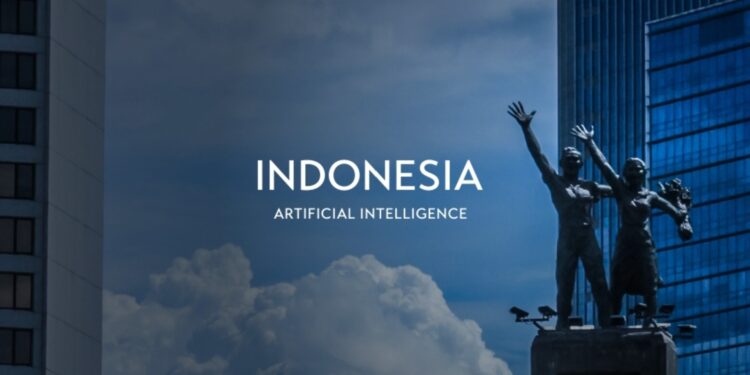In a bid to solidify its position as a digital powerhouse and secure its economic future, Indonesia has unveiled a complete national roadmap for the development of artificial intelligence (AI). The plan, spearheaded by the Ministry of Communications and Digital (Kemkomdigi), is designed to transform the country from a mere user of technology into a global producer and innovator. This strategic shift is crucial for Indonesia to achieve digital sovereignty and harness the full potential of its burgeoning digital economy, which is projected to reach an estimated $360 billion by 2030.
The strategy focuses on four key pillars:
- Talent Development: Recognizing the critical need for a skilled workforce, the roadmap prioritizes national training programs and partnerships with universities and global tech firms to cultivate a new generation of AI professionals.
- Infrastructure: The government plans to bolster its digital infrastructure to support extensive AI research, adoption, and deployment across various sectors, including public services and strategic industries.
- Research and Innovation: The strategy aims to foster a collaborative environment for AI research and development between academia, industry, and the government, focusing on priority sectors like healthcare, food security, and smart cities.
- Policy and Governance: To ensure responsible and ethical AI development, the roadmap proposes establishing a robust legal framework and a dedicated ethics and data council to oversee AI applications.
A significant component of the new strategy is the proposal for a sovereign AI fund. Managed by the country’s sovereign wealth fund, Danantara Indonesia, this fund would be financed through a public-private partnership model to drive large-scale investment in the sector. This move comes as Indonesia aims to compete with neighboring nations, like Malaysia, which have already secured substantial investments from global tech giants. Global companies like NVIDIA and Microsoft have already shown interest, signaling potential partnerships and infrastructure investments in the coming years.
The government’s proactive approach acknowledges that while AI presents a tremendous opportunity for economic growth, it also poses challenges. The national roadmap addresses these hurdles, including a persistent shortage of skilled professionals, limited research funding, and uneven internet connectivity outside major urban centers. By tackling these issues head-on, Indonesia seeks to build a resilient and self-reliant AI ecosystem that not only benefits its economy but also safeguards national data and interests in an increasingly interconnected world. The roadmap is a clear signal of Indonesia’s ambition to lead in the global digital race, ensuring that the country’s technological future is built on a foundation of sovereignty, innovation, and inclusivity.










![Online Scam Cases Continue to Rise Despite Crackdowns on Foreign Fraud Networks [Myanmar] Online Scam Cases Continue to Rise Despite Crackdowns on Foreign Fraud Networks [Myanmar]](https://sumtrix.com/wp-content/uploads/2025/06/30-12-120x86.jpg)




